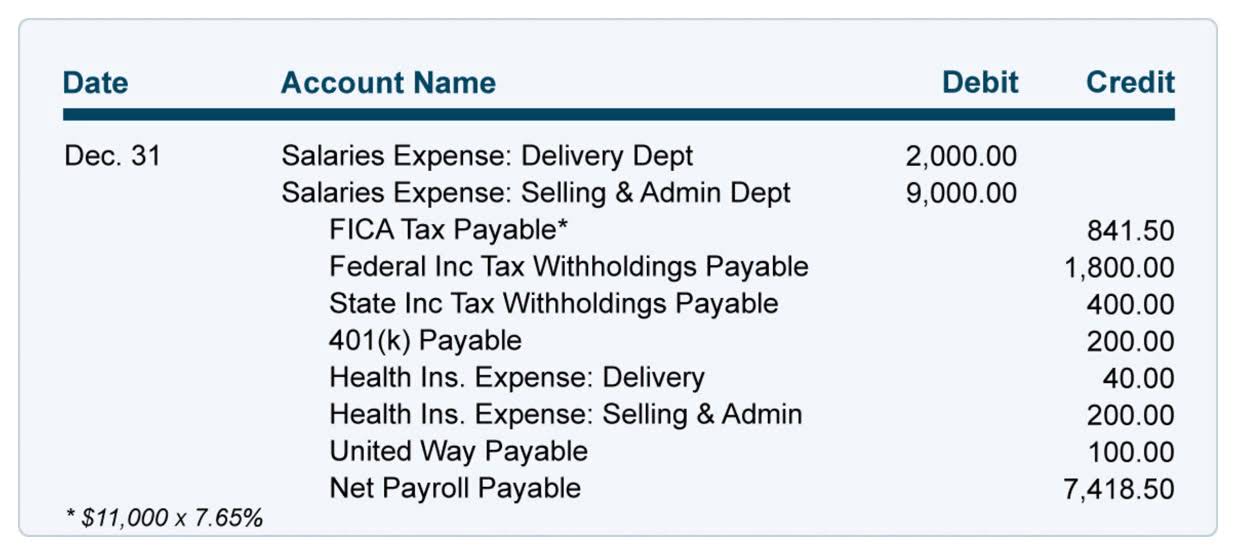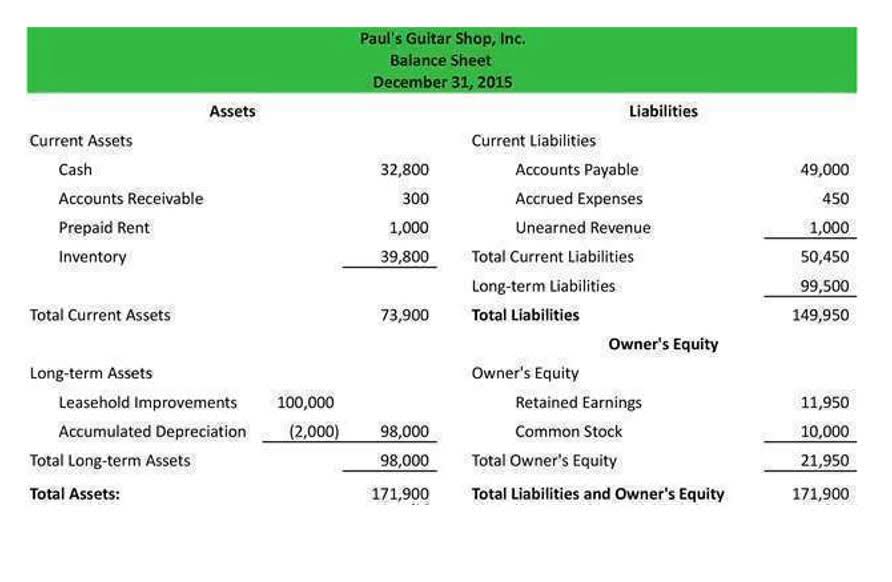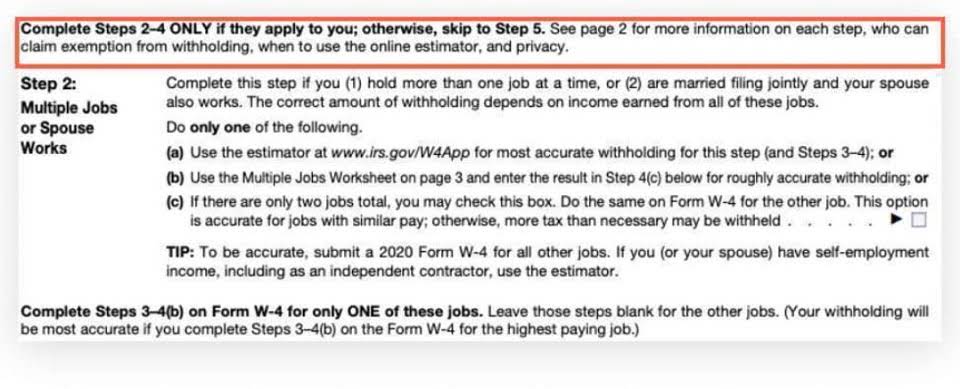Debit vs credit in accounting: Guide with examples for 2025

While there are distinctions between bookkeeping and accounting, one of the most pronounced is in the educational requirements. A bookkeeper is skilled at retained earnings keeping documents and tracks a wide net of financial information. The salary range for bookkeepers is between $32,460 and $68,860, with the median salary being approximately $47,440.

Importance of Financial Health

Quality Service – BPOs continuously train and upgrade their teams’ ability to be quick and accurate. Not only are they professionals, but they can do the work faster and more accurately than one of your staff that only does data entry “part-time.” Improve Productivity – Since accounting and bookkeeping are now off your list of things to do, you and your staff can devote more of your precious time to building your business! Customer engagement, marketing, staff training, all the other things where your time can be better utilized.
Nominal Accounts
Hence, bookkeeping can be credited as an integral component for building a financially sound business venture. A bookkeeper can manage day-to-day tasks, while an accountant can oversee higher-level financial matters, providing analysis, advice, and ensuring compliance. Ultimately, assess your company’s needs, complexity, and financial goals to determine whether to start with a bookkeeper, an accountant, or both. When comparing the two, neither is inherently better than the other—they’re complementary. The bookkeeper will follow a prescribed set of procedures on a repetitive basis to record each and every transaction that happens on a daily basis. This is then tallied at the end of the day and also at the end of the month.
Required Skills And Training
As a business owner, you can accomplish these tasks with bookkeeping software, or you can hire a bookkeeper to do them for you. An accountant typically has a degree and relevant work experience, however, there is no formal certification process for becoming an accountant. Forensic accounting combines auditing, accounting, and investigative skills to evaluate a businesses finances and determine any instances of fraud.
- According to recent data, bookkeepers in the United States make about $45,000 per year on average.
- Accurate bookkeeping provides a reliable foundation of financial information for a company.
- Building a business plan can also be improved with the advice of an accountant.
- Automation improves accuracy, reduces manual work, and helps manage complex financial needs.
- This might happen if you adjust or reverse the expenses you previously recorded.
- Bookkeeping data serves as the foundation for financial analysis and decision-making.
The American Institute of Professional Bookkeepers (AIPB) offers the CB certification. This bookkeeper credential focuses specifically on bookkeeping skills and knowledge. To earn this title, bookkeepers must demonstrate their expertise in double-entry bookkeeping, knowledge of relevant software, and understanding of relevant business laws. The Institute of Management Accountants (IMA) offers the CMA certification, focusing on financial planning, analysis, control, decision support, and professional ethics. CMAs are experts in financial management and strategic planning within an organization. To qualify as a CMA, an individual must pass a two-part exam covering the relevant topics.
How to partner with AI as an accountant

Bookkeepers must possess a thorough understanding of essential financial topics. Proficiency in bookkeeping software is crucial for efficient processes and data management. Bookkeepers handle the day-to-day recording of financial transactions, including tracking income, expenses, and payments. Their primary focus is on maintaining accurate, up-to-date ledgers and organizing financial data. By addressing these challenges, small businesses can enhance their financial management capabilities, make informed decisions, and achieve long-term success. A bookkeeper is primarily responsible for maintaining and recording everyday financial transactions.

What Is A Balance Sheet For A Law Firm?
In addition, debits are on the left side of a journal entry, and credits are on the right. Spending cash, selling inventory, or customers paying down their debts are all examples of credits since these resources are leaving your company. The journal entry includes the date, accounts, dollar amounts, and the debit and credit entries. You’ll list an explanation below the journal entry so that you can quickly determine the purpose of the entry.
Balance sheet formula
Continuous learning and staying updated with the latest accounting software advancements are essential. This enables more accurate financial forecasting, trend analysis, and risk assessment. By leveraging technology for data analysis, bookkeepers and accountants can provide valuable Partnership Accounting insights to drive business growth and profitability.
Novo Platform Inc. strives to provide accurate information but cannot guarantee that this content is correct, complete, or up-to-date. This page is for informational purposes only and is not financial or legal advice nor an endorsement of any third-party products or services. Novo Platform Inc. does not provide any what is the difference between bookkeeping and accounting? financial or legal advice, and you should consult your own financial, legal, or tax advisors. According to recent data, bookkeepers in the United States make about $45,000 per year on average. Accounting uses the information from bookkeepers to analyze finances and produce reports. Good payroll management stops late paychecks, missed deductions, and legal issues.



